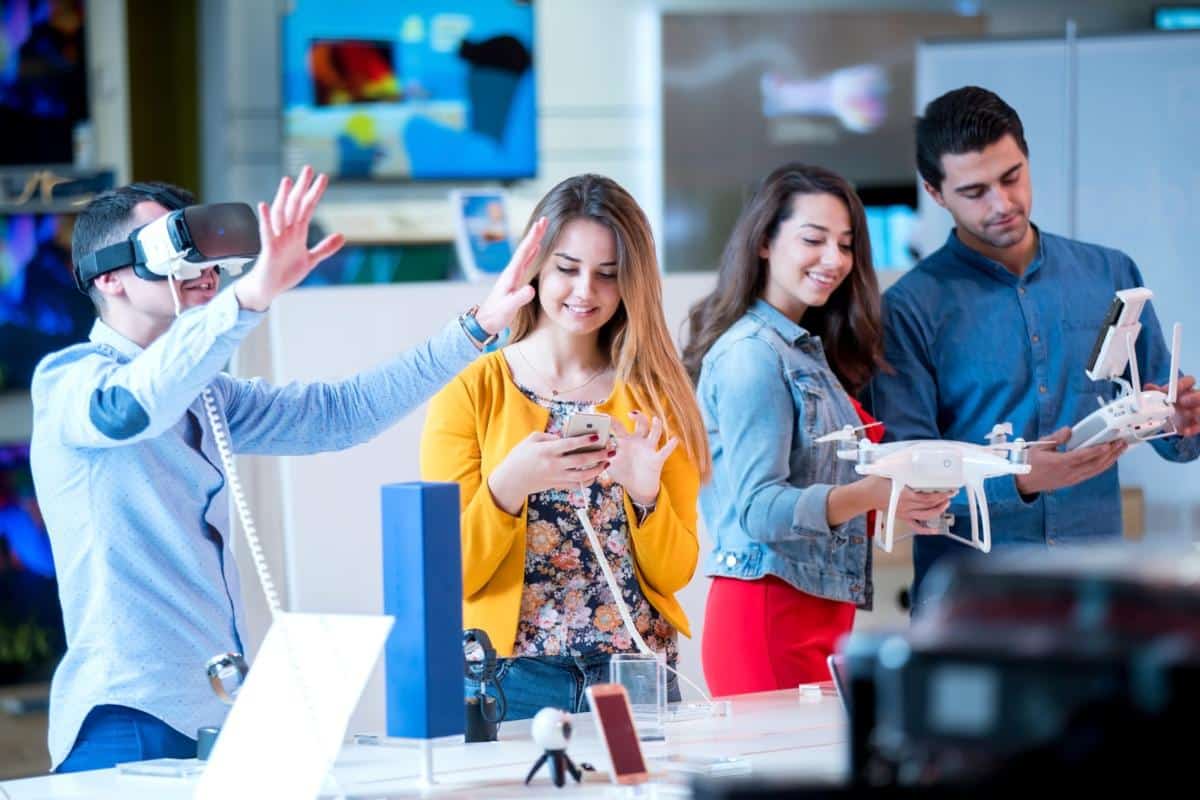While consumer confidence is hitting the High Street, online, UK shoppers continue to shop with (almost) total abandon.
A study by Episerver reveals that UK shoppers are much keener on shopping online than across the rest of Europe, Australia and even the US. In fact, 38% of UK shoppers are shopping online at least once a week.
What is interesting about the survey is not only how advanced UK shoppers are when it comes to familiarity with online shopping, but just how multi-channel they are. Thirty-four percent of Brits frequently use a smartphone to make purchases, while 12 percent shop via a home assistant and 11 percent shop via their smartwatches.
Episerver’s research also shows that UK consumers make more purchases via a mobile device than any other country surveyed.
The lack of traction on the High Street is of course worrying, but the UK’s acceptance of technology in the shopping world should also be what gives the industry hope – and what will ultimately save the High Street.
The fact that shoppers want to talk to smartphones and smart speakers and even use their watches to shop should be what retailers should be leveraging to make in-store shopping a more ‘modern’ experience.
As any modern shoppers will attest, there is quite a leap in experience from shopping via smartspeaker – simply asking Alexa to add stuff to your Amazon account and it turning up – is a far cry from trying to find things that are out of stock in a crowded shop then queuing up to pay then having to carry it to your car to get it home.
There is a huge disconnect. And as long as shoppers are getting stuck into tech, the more we are going to see technology as the way to shop. The challenge now is how to get that into the High Street.
A case in point is that, online, searches for Christmas gifts have already started: the Christmas rush has, in eBay at the very least, started in vain. Again, a visit to the High Street will show you that that hasn’t happened yet there – and if people are already buying gifts online, these are sales that are not going to High Street stores.
The answer as ever is to connect the two: bring tech into the stores and create the kind of stores that people actually want to go to. Sure, Brexit uncertainty is having an impact, but that is likely to be temporary. Once we know what is happening and can work with what we get then people will start shopping again: the question now is where will they shop?









